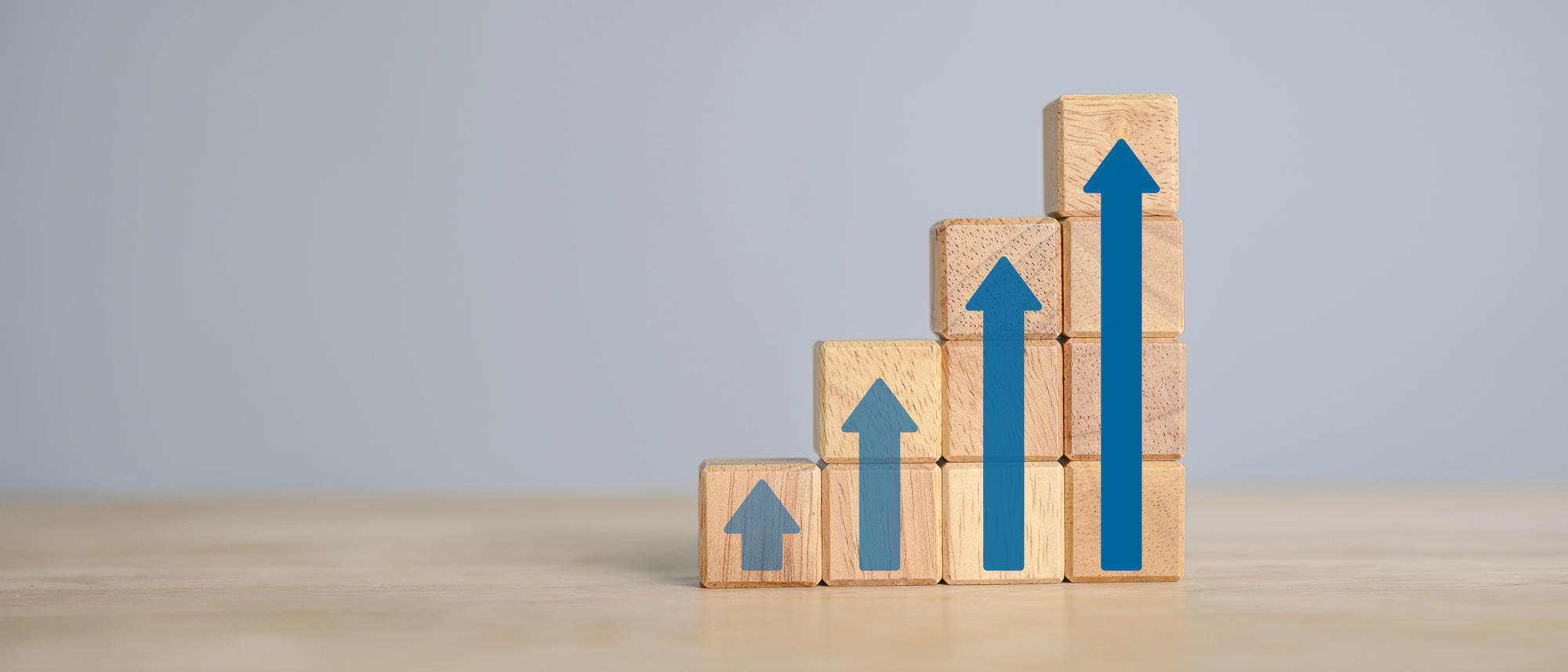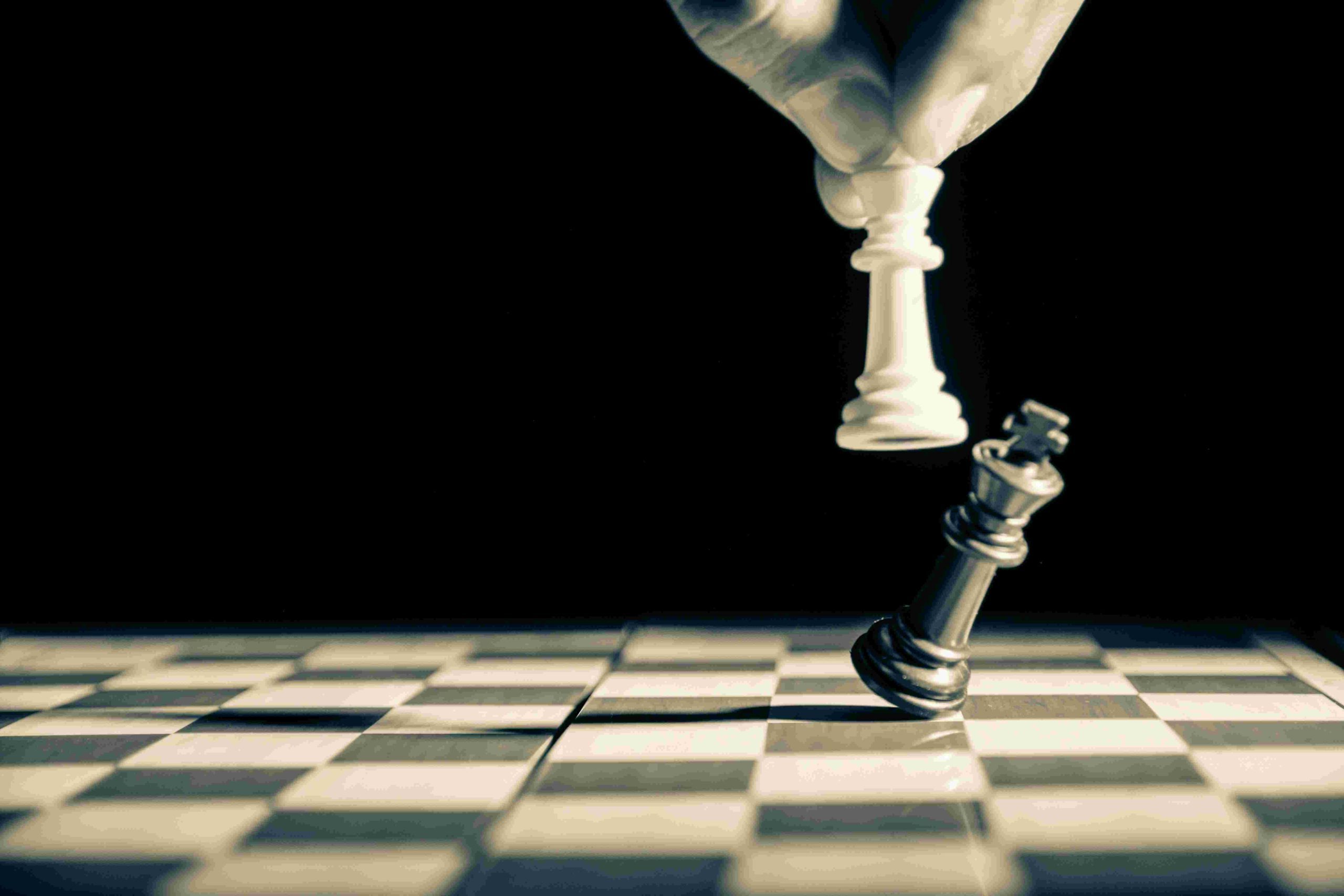Managing your energy: four dimensions

Discussions on mindfulness and leadership are nothing new. However this webinar, which appeared live on Monday 11th May at 11am CEST, takes on a specific angle in that area: energy.
Francesca Giulia Mereu, author and Executive Coach at IMD, is a published specialist on the topic and is joined in discussion by Jennifer Jordan, Professor of Leadership and Organizational Behaviour, IMD, for this webinar.
How has COVID affected your energy? In between work-life disruptions and general uncertainties, doubtless significantly so.
But maybe you haven’t been so aware of how that has that seeped into your leadership. How can you understand and then manage your energy, but also that of those around you?
The different types of batteries that fuel our lives
Francesca Giulia Mereu breaks energy down into its different dimensions: physical, mental, emotional and spiritual. If you want to manage your energy more effectively, you need to keep a check on all four areas, she says. You should aim for a state of flow between them, in which you are accessing all your resources.
However, remember that you are only human, meaning that there is a constant interaction of the four dimensions; our energy is like a wave and needs to fluctuate. What we can do is to increase our control on the fluctuations. Speaking of extremes, she sees burnout as a state in which one’s energy is blocked.
A three-pronged framework is presented, as a complement to certain tools you can acquire to become a master over your energy. As Mereu says, “When you have both the tools and a framework, your ability to develop strong new habits will increase.”
And yet, she also says, “It’s common sense. As much as tools and techniques are appealing, we find we already know a lot to improve this flow – be that walking more, expressing emotions freely, or having breaks.”
Then it’s a question of making the jump “from common sense – what you know – to common practice – what you do.”
By seeing our energy in four dimensions we get an overall picture of our general health, sense of wellbeing and vitality.
Rechargers and drainers
Actions, situations, people, thoughts, smells and emotions all have one thing in common: they will either lift you up or drag you down.
Drainers are more important than rechargers. “If the drainers are big, the water goes through like a big hole in a bucket. It doesn’t matter how positive the input,” says Mereu.
So, be mindful, the duo says, of where you focus your energy. See matters from one of three perspectives: What can I control? What can I influence? And what must I, for now, accept? Think of this latter category a bit like the weather; something you have no leverage over.
Create mini habits for maximum results
The third part of the framework that Mereu presents is about creating mini habits. To be realistic, they need to be actions that mean something to you, doable at least 4-5 times a week and that you could perform even if exhausted and overloaded with work.
There is also talk on how to recognize how other people’s energy is impacting yours, and respond accordingly. Mereu says to first identify how you feel with this person. Ask if you sense an emotional, mental or spiritual depletion (akin to a value misalignment).
“The spiritual battery gives meaning and spark to all that we do. This spark is essential, even if our body is healthy,” warns Mereu. As you notice energy nuances in you, it will become easier to notice them in others.
Professor Jordan equates leadership to a wave, and therefore says it has energy at its core: “Leadership is energy,” she says. “It is energy used to inspire people towards a common goal or purpose. If your energy is not at its peak, you can’t do that so well.”
But don’t confuse that with fluctuating energy, which is perfectly normal, Mereu adds. “Energy needs to rise and fall, just like a wave,” she says. “The key is to notice the fluctuations and wonder how you can control them.” And how you can use all four dimensions explored to support the fluctuations.
Francesca Giulia Mereu invites listeners to take 20 minutes to perform their own energy checks here. Those keen to receive a steady flow of tips on the topic can also join this closed LinkedIn group.
Research Information & Knowledge Hub for additional information on IMD publications
The B case outlines how, by early 2025, Isabella Phoenix's initial vision for HP's Amplify Impact sustainability program had grown into a global initiative involving 4,800 partners in 48 countries. The program surpassed its goals, enrolling 59 of ...
The A case in this two-part series outlines the challenges Isabella Phoenix faced in designing a global sustainability program for HP's vast network of channel partners in just 12 weeks with only one team member and limited resources. The initiati...
Les études de cas de HBR sont basées sur des problèmes vécus par des dirigeants d’entreprise et proposent des solutions d’experts. Celle-ci est tirée de l’étude de cas de l’Insead « Stress and the City (A&B) : Antonio Horta-Osorio, CEO of Lloyds B...
Despite geopolitical upheavals that threaten global growth, companies continue to see business opportunities across borders. As leaders strategize how to position their operations amid war, trade disputes, disease outbreaks, and climate change, ha...
Last week, a notification flashed. “Add your email address for extra security,” my phone chirped. It was from WhatsApp. I stared at the screen, a single question forming in my mind: Security? Or surveillance? I tapped “No.” The feeling wasn’t ange...
Research Information & Knowledge Hub for additional information on IMD publications
Case reference: IMD-2681 ©2025
Research Information & Knowledge Hub for additional information on IMD publications
Research Information & Knowledge Hub for additional information on IMD publications
Research Information & Knowledge Hub for additional information on IMD publications
in I by IMD Brain Circuits 8 July 2025
Research Information & Knowledge Hub for additional information on IMD publications
in I by IMD
Research Information & Knowledge Hub for additional information on IMD publications
in I by IMD
Research Information & Knowledge Hub for additional information on IMD publications
Research Information & Knowledge Hub for additional information on IMD publications
Research Information & Knowledge Hub for additional information on IMD publications
Research Information & Knowledge Hub for additional information on IMD publications






